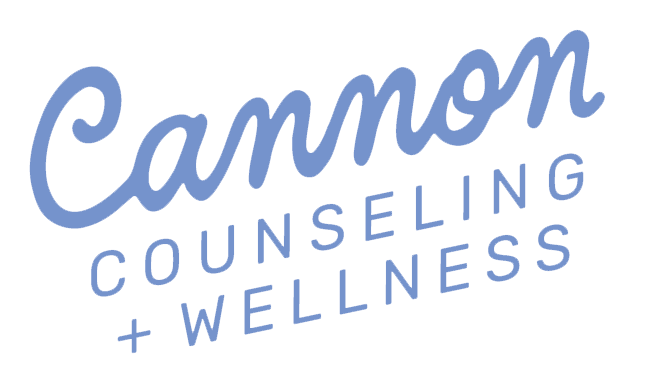About Me
My counseling approach is warm, relational, and grounded in empowerment. I strive to create a space that feels safe and supportive; a space where you can feel seen, accepted, and encouraged, while also being gently challenged to grow.
Avery Poindexter
I draw from Acceptance and Commitment Therapy (ACT), mindfulness, and self-compassion practices. I use tools like defusion, opposite action, and values-based reflection to help you move through anxiety, overwhelm, or stuckness.
I also pay close attention to what’s within your control so we can focus your energy on what matters most. My style is collaborative, flexible, and always tailored to you.
I work with people who are navigating the in-between: the moments of transition, uncertainty, and self-discovery. I especially enjoy working with:
- Women and young adults who feel alone, overwhelmed, or disconnected from themselves.
- People learning to advocate for themselves, especially those who have felt disconnected or constrained by past environments (such as religious systems or rigid family structures)
- Individuals living with chronic illness, who are looking for a space where their experiences are understood and validated
- Teens and adolescents (12–18) facing anxiety, identity questions, or school and family stress

Together, we'll focus on building resilience, insight, and meaningful change.

I bring a range of clinical and advocacy experience to my work as a therapist. I have provided individual and group therapy in both outpatient and telehealth settings, supporting clients with concerns such as anxiety, depression, OCD, grief, and relationship challenges. At a local Intensive Outpatient Program, I facilitated group therapy sessions for anxiety and OCD, using evidence-based approaches like Acceptance and Commitment Therapy (ACT), Dialectical Behavioral Therapy (DBT), and Exposure and Response Prevention (ERP).
In my role at the Positive Psychology Clinic at the University of Kansas, I provided free telehealth therapy using a structured, strengths-based protocol. This work incorporated positive psychology interventions, including the Broaden and Build Theory and Hope Theory, to help clients cultivate optimism and long-term coping strategies.
In addition to my clinical experience, I’ve served as a peer advocate for survivors of sexual assault, offering one-on-one support and connecting students with mental health and community resources. These experiences have shaped my collaborative, affirming approach and deepened my commitment to inclusive, client-centered care.
A bit about Me

When I’m not in session, I love spending time outside, walking, camping, or exploring new places. I also enjoy baking sweet treats (especially sourdough bread) and hanging out with my tuxedo cat, Moo.
